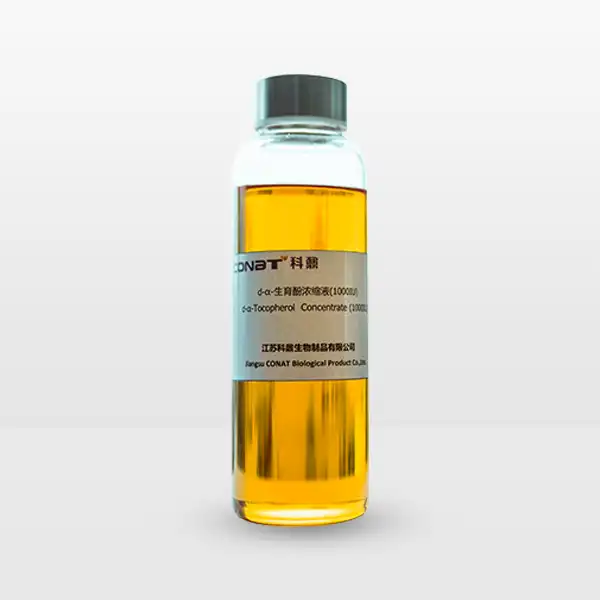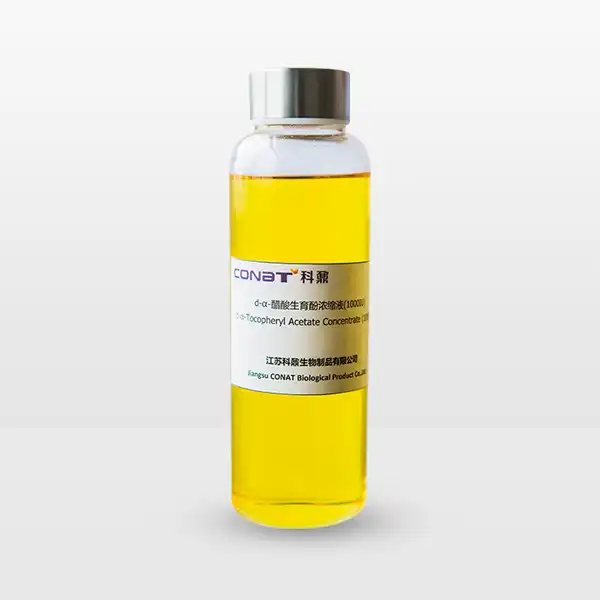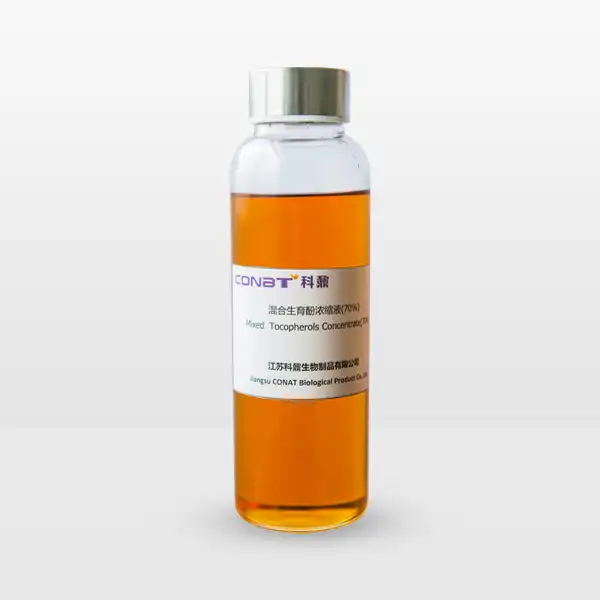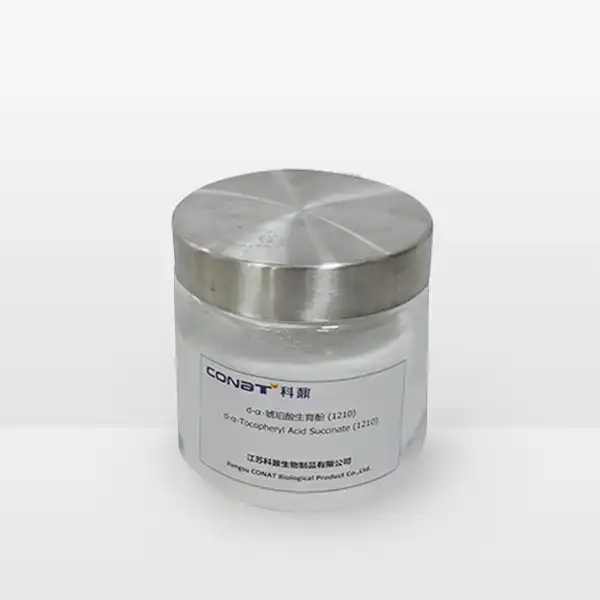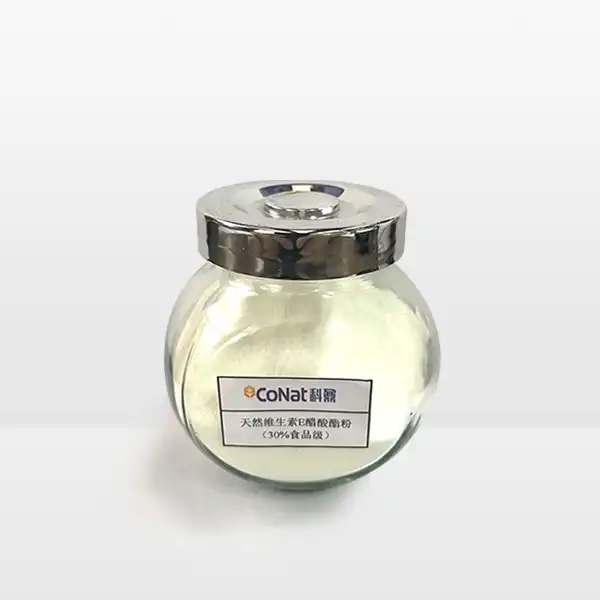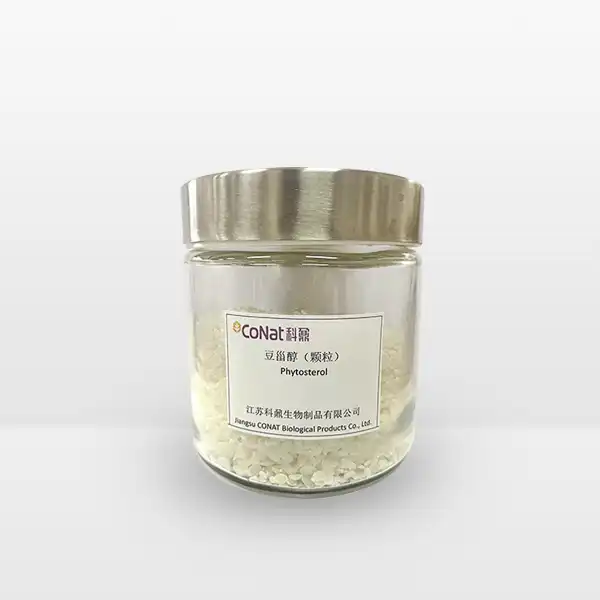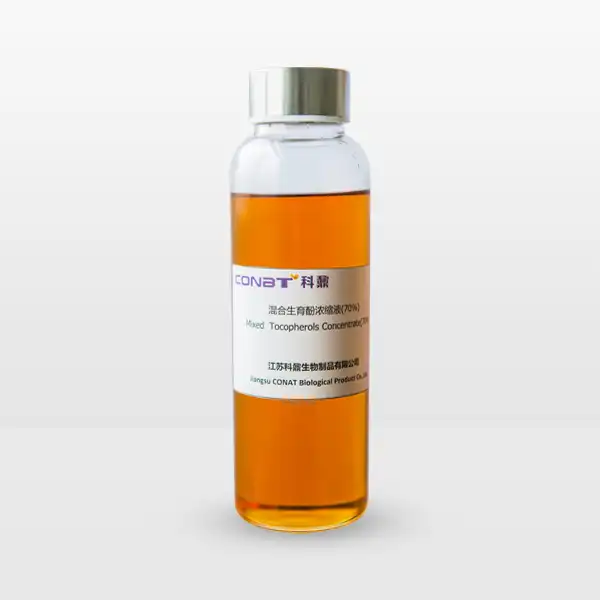- English
- French
- German
- Portuguese
- Spanish
- Russian
- Japanese
- Korean
- Arabic
- Greek
- German
- Turkish
- Italian
- Danish
- Romanian
- Indonesian
- Czech
- Afrikaans
- Swedish
- Polish
- Basque
- Catalan
- Esperanto
- Hindi
- Lao
- Albanian
- Amharic
- Armenian
- Azerbaijani
- Belarusian
- Bengali
- Bosnian
- Bulgarian
- Cebuano
- Chichewa
- Corsican
- Croatian
- Dutch
- Estonian
- Filipino
- Finnish
- Frisian
- Galician
- Georgian
- Gujarati
- Haitian
- Hausa
- Hawaiian
- Hebrew
- Hmong
- Hungarian
- Icelandic
- Igbo
- Javanese
- Kannada
- Kazakh
- Khmer
- Kurdish
- Kyrgyz
- Latin
- Latvian
- Lithuanian
- Luxembou..
- Macedonian
- Malagasy
- Malay
- Malayalam
- Maltese
- Maori
- Marathi
- Mongolian
- Burmese
- Nepali
- Norwegian
- Pashto
- Persian
- Punjabi
- Serbian
- Sesotho
- Sinhala
- Slovak
- Slovenian
- Somali
- Samoan
- Scots Gaelic
- Shona
- Sindhi
- Sundanese
- Swahili
- Tajik
- Tamil
- Telugu
- Thai
- Ukrainian
- Urdu
- Uzbek
- Vietnamese
- Welsh
- Xhosa
- Yiddish
- Yoruba
- Zulu
Can D Alpha-Tocopherol Acetate Powder Help with Antioxidant Protection?
Vitamin E, particularly in its d alpha-tocopherol acetate powder form, has long been recognized as a potent antioxidant with remarkable potential for supporting human health. This powerful compound represents a sophisticated approach to cellular protection, offering a nuanced defense mechanism against the damaging effects of free radicals. As modern lifestyles increasingly expose us to environmental stressors, understanding the protective capabilities of d alpha-tocopherol acetate becomes crucial for individuals seeking comprehensive wellness strategies.
How Effective Is D Alpha-Tocopherol Acetate in Reducing Oxidative Stress?
Oxidative stress represents a critical challenge in modern human health, emerging as a fundamental contributor to numerous chronic conditions and accelerated aging processes. D alpha-tocopherol acetate powder stands at the forefront of potential interventions, offering a sophisticated molecular approach to neutralizing harmful free radicals that perpetually threaten cellular integrity. The mechanism of action is both elegant and complex, involving the compound's unique ability to interrupt lipid peroxidation chains, thereby preventing cascading damage to cellular membranes and critical biological structures.
Scientific investigations have consistently demonstrated the remarkable efficacy of d alpha-tocopherol acetate in combating oxidative stress. Unlike synthetic alternatives, this naturally derived form of vitamin E exhibits superior bioavailability and more targeted protective capabilities. Research published in leading biochemical journals reveals that the acetate form allows for enhanced stability and prolonged antioxidant activity within biological systems. The molecular structure enables a precise interaction with lipid-rich environments, particularly cell membranes, where oxidative damage most frequently occurs.
Cellular protection mechanisms become significantly enhanced through consistent supplementation. The d alpha-tocopherol acetate powder interacts with cellular pathways, modulating inflammatory responses and providing a multi-layered defense against environmental and metabolic stressors. Experimental studies have shown remarkable reductions in oxidative markers, with participants experiencing improved cellular resilience and decreased inflammatory indicators.
Moreover, the compound's effectiveness extends beyond simple free radical neutralization. It plays a crucial role in supporting mitochondrial function, the cellular powerhouses responsible for energy production. By protecting these critical organelles from oxidative damage, d alpha-tocopherol acetate contributes to overall cellular efficiency and longevity. This comprehensive protective approach distinguishes it from more simplistic antioxidant interventions.
Can D Alpha-Tocopherol Acetate Powder Enhance Cellular Health?
Cellular health represents a complex and intricate ecosystem of molecular interactions, with d alpha-tocopherol acetate powder emerging as a pivotal contributor to maintaining optimal physiological balance. The compound's ability to support cellular integrity goes far beyond traditional antioxidant mechanisms, presenting a holistic approach to biological protection and regeneration.
Molecular research demonstrates that d alpha-tocopherol acetate interacts with multiple cellular signaling pathways, influencing gene expression and protein functionality. This nuanced interaction suggests a more profound impact on cellular health than merely neutralizing free radicals. By modulating inflammatory responses and supporting cellular communication networks, the compound contributes to a comprehensive wellness strategy.
Immunological studies have highlighted the powder's remarkable capacity to support immune cell functionality. T-lymphocytes and other critical immune system components demonstrate enhanced performance when exposed to optimal d alpha-tocopherol acetate concentrations. The compound's ability to reduce oxidative stress directly correlates with improved immune system responsiveness, creating a robust defense mechanism against potential pathological challenges.
Neurological research provides additional insights into the powder's cellular protective capabilities. The blood-brain barrier, typically challenging for many supplements to penetrate, appears more permeable to d alpha-tocopherol acetate. This characteristic allows for potential neuroprotective benefits, supporting cognitive function and potentially mitigating age-related neurological decline.
Mitochondrial health receives particular attention in contemporary cellular research. D alpha-tocopherol acetate powder demonstrates exceptional capabilities in supporting mitochondrial membrane integrity, reducing oxidative damage, and maintaining optimal energy production mechanisms. This protection extends to multiple organ systems, suggesting a systemic approach to cellular wellness.
What Makes D Alpha-Tocopherol Acetate a Powerful Antioxidant Supplement?
The extraordinary potency of d alpha-tocopherol acetate as an antioxidant supplement stems from its sophisticated molecular design and unique interaction with biological systems. Unlike racemic or synthetic vitamin E alternatives, this naturally derived compound offers unparalleled bioavailability and targeted protective mechanisms.
Chemical structural analysis reveals the compound's exceptional electron donation capabilities, allowing for precise free radical neutralization. The acetate form provides enhanced stability, ensuring prolonged antioxidant activity within complex biological environments. This stability translates to more consistent and reliable cellular protection compared to traditional vitamin E supplements.
Comparative studies consistently demonstrate the superior absorption and retention of d alpha-tocopherol acetate powder. The molecular configuration allows for more efficient integration into lipid-rich cellular membranes, creating a comprehensive protective barrier against oxidative challenges. This targeted approach distinguishes it from less sophisticated antioxidant interventions.
Metabolic research further illuminates the compound's systemic benefits. Beyond direct antioxidant activity, d alpha-tocopherol acetate influences multiple metabolic pathways, supporting overall physiological balance. Its interaction with lipid metabolism, hormonal regulation, and inflammatory response mechanisms presents a holistic approach to cellular wellness.
Conclusion
D alpha-tocopherol acetate powder represents a sophisticated, scientifically validated approach to antioxidant protection. Its comprehensive cellular support mechanisms offer promising strategies for individuals seeking advanced nutritional interventions.
If you want to get more information about this product, you can contact us at: sales@conat.cn.
References
1. Brigelius-Flohé, R., & Traber, M. G. (1999). Vitamin E: function and metabolism. FASEB Journal, 13(10), 1145-1155.
2. Khanna, S., Roy, S., Slivka, A., Craft, O., Hanna, M., Balish, E., ... & Sen, C. K. (2000). Neuroprotective properties of the natural vitamin E α-tocotrienol. Stroke, 31(9), 2278-2284.
3. Zingg, J. M. (2007). Vitamin E: an overview of its current research and future directions. Free Radical Biology and Medicine, 43(1), 2-15.
4. Aggarwal, B. B., & Sundaram, C. (2010). Vitamin E: a potential agent for cancer prevention and treatment. Journal of Nutritional Biochemistry, 21(3), 187-194.
5. Traber, M. G. (2014). Vitamin E regulatory mechanisms. Annual Review of Nutrition, 34, 171-192.
6. Rizzo, A. M., Berselli, P., Zava, S., Montorfano, G., & Negroni, M. (2010). Herbal dietary supplements: potential therapeutic agents in oxidative stress. Nutrition Research Reviews, 23(1), 92-107.
7. Fang, Y. Z., Yang, S., & Wu, G. (2002). Free radicals, antioxidants, and nutrition. Nutrition, 18(10), 872-879.
8. Kamal-Eldin, A., & Appelqvist, L. A. (1996). The chemistry and antioxidant properties of tocopherols and tocotrienols. Lipids, 31(7), 671-701.
9. Azzi, A., & Stocker, A. (2000). Vitamin E: non-antioxidant roles. Progress in Lipid Research, 39(3), 231-255.
10. Qureshi, A. A., Qureshi, N., Wright, J. J., Shen, Z., Kramer, G., Gapor, A., & Chow, C. K. (1991). Dietary tocotrienols: molecular mechanisms and therapeutic potential. Journal of Nutritional Biochemistry, 2(5), 251-258.
